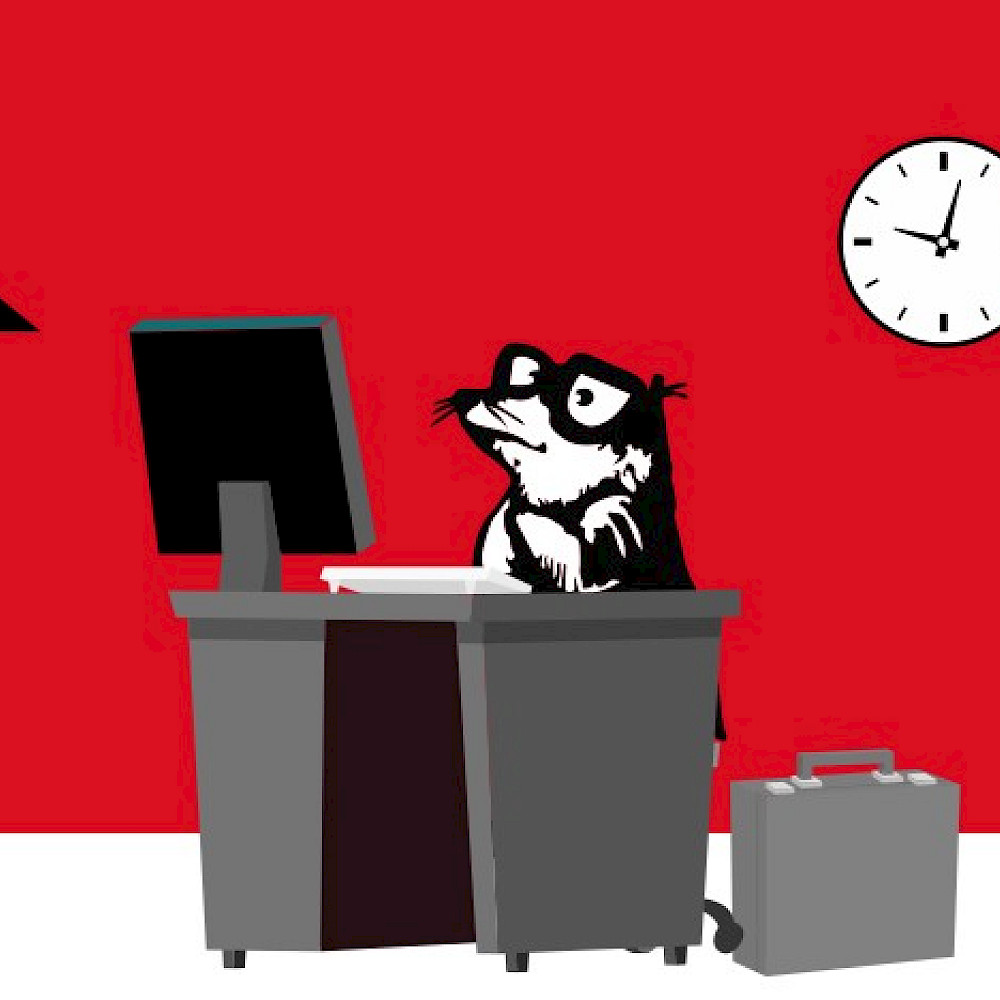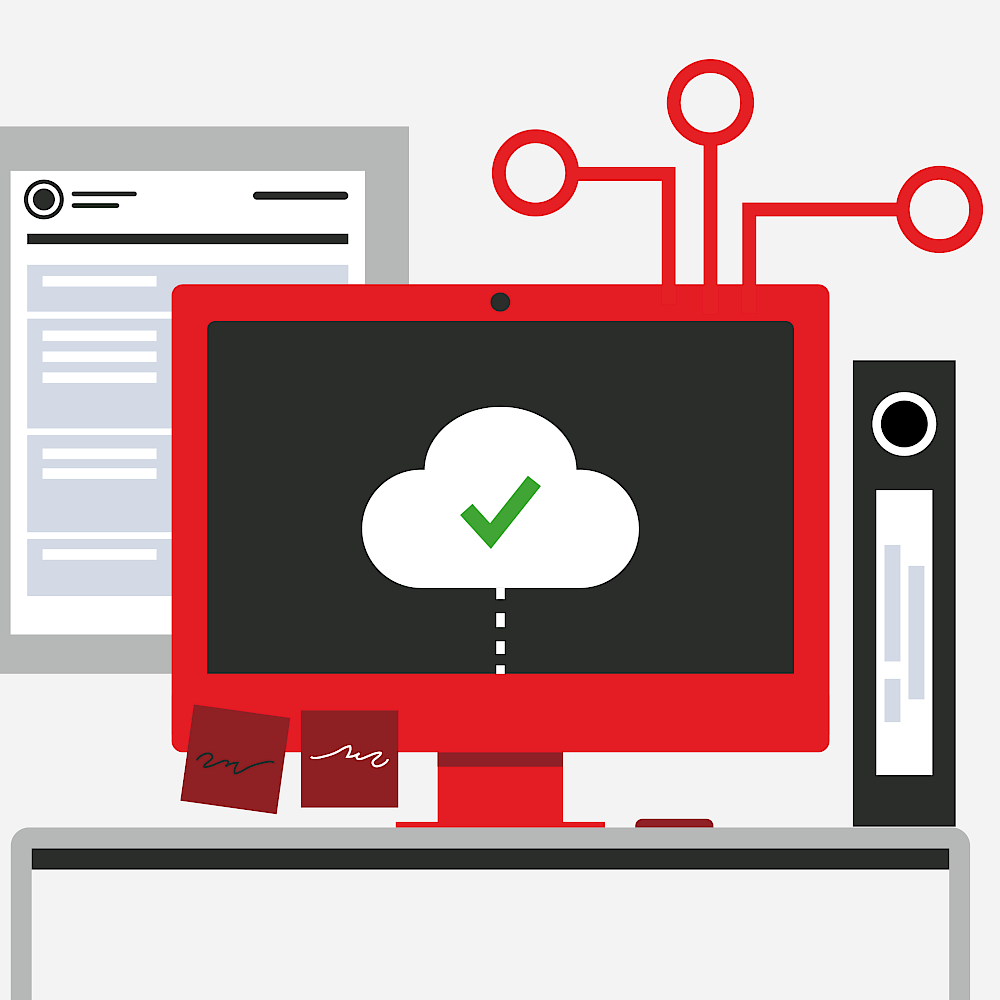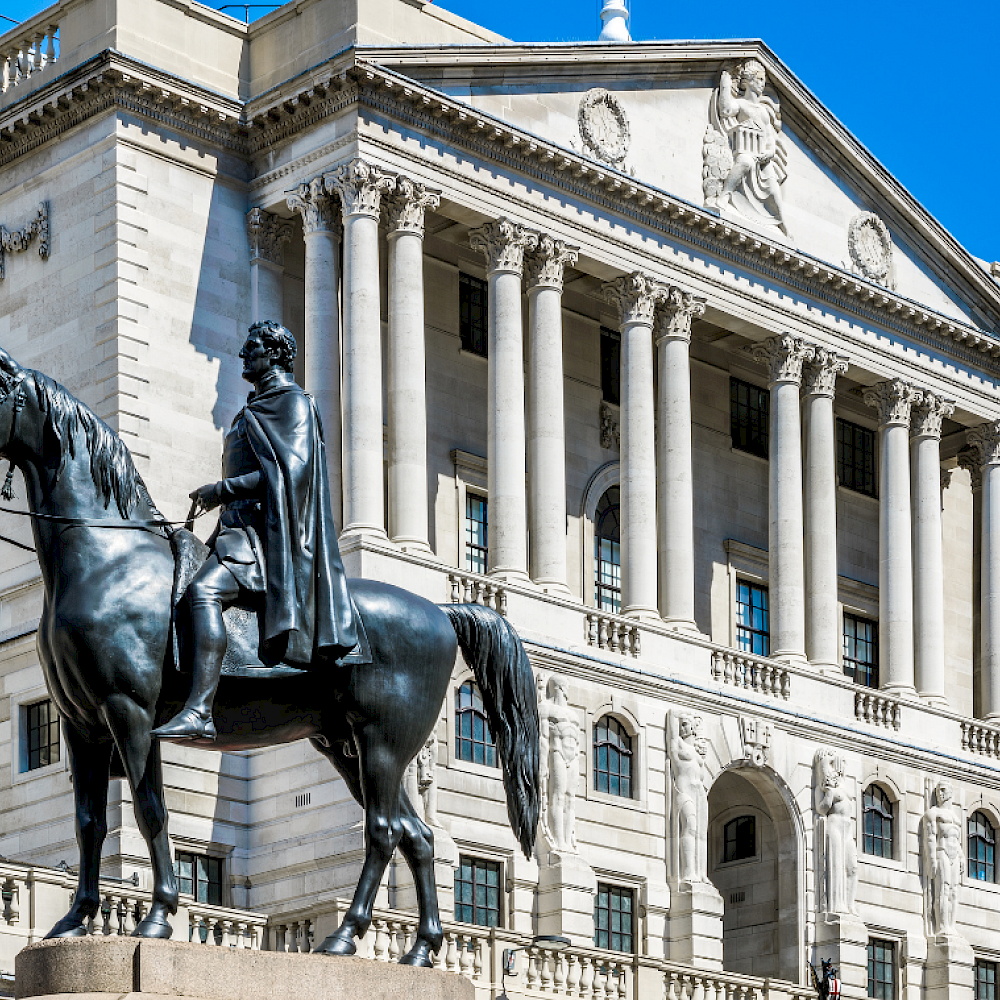Positively Business: EU Trade Deals, Tax Tweaks & Rising Costs
11 June 2025 Reading time: 4 minutes

What the New UK-EU Deal Could Mean for Your Business
The UK government has agreed a new trade deal with the European Union, aimed at making it easier to do business across the Channel. This follows recent agreements with the US and India and is part of a bigger plan to support jobs and help businesses grow.
The EU remains the UK’s biggest trading partner, but many businesses have faced added costs and delays since Brexit. This new deal hopes to ease some of those headaches.
What’s changing?
- Simpler food and drink trade: Some checks on food, plants, and animal products will be removed. This should speed up moving these goods between the UK and EU (including Northern Ireland), potentially lowering costs and keeping prices steadier for customers.
- Support for British producers: UK food producers can now sell items like burgers and sausages into the EU — a restriction that’s been in place since Brexit.
- Steel industry boost: UK steel exporters will dodge new EU charges under a special deal, saving around £25 million a year.
- Energy and emissions: The UK and EU will link their carbon allowance trading systems, helping UK companies avoid the new EU carbon tax due next year.
- Help for coastal businesses: A 12-year deal extends fishing rules in UK waters for the EU, alongside £360 million funding for coastal communities, including equipment and training.
- Smoother travel: UK travellers get more fast-track eGate access at EU airports, and pets can travel without extra certificates. Freedom of movement isn’t returning, but future plans may ease travel and work options for young people.
What this may mean for your business
If you trade with the EU — whether selling food, manufacturing, or moving goods across borders — this deal could simplify some processes. Fewer checks and less paperwork mean less delay and lower costs.
Bear in mind, while the headlines are out, some details are still being finalised. It’s a good time to keep an eye on how these changes roll out.
Looking ahead
This deal isn’t reversing Brexit or rejoining the single market or customs union. But it could ease some of the challenges businesses have faced since. If you trade with the EU, consider reviewing your processes or spotting new opportunities.
Whether because of the new trade deal or just good business sense, it’s always worth looking at ways to grow. If you want ideas, ask us for your free copy of ’57 Ways to Grow Your Business’, our guide packed with tips to boost profitability and strengthen your market position.
See here for more information from the government on this new agreement.
Inflation Rises to 3.5% as Household Bills and Business Costs Increase
UK inflation rose to 3.5% in April — the highest in over a year — driven by soaring water, gas, and electricity bills. Water and sewerage prices jumped over 26%, the sharpest rise in nearly 40 years. Airfare and holiday costs also spiked, though that’s likely temporary.
For businesses, April also brought rising National Minimum Wage rates and increased employer National Insurance contributions, pushing services inflation to 5.4%.
Core inflation (which ignores volatile food and energy prices) also surprised on the upside, hinting that price pressures are broadening.
The Bank of England still aims for 2% inflation, but now expects a slower decline than earlier forecast. Some economists think only one interest rate cut may come this year instead of two.
What does this mean for you? Managing rising wage and operating costs is crucial, especially when customer confidence is shaky. If you want help understanding how these factors affect your profitability, get in touch — we’re here to help.
See here for more information on this increase.
Are You Thinking of Starting a Business?
Starting a business is exciting but comes with plenty to consider, especially finances, tax, and compliance.
You’ll need to think about:
- Choosing the right structure (sole trader, partnership, or limited company)
- Registering with HM Revenue and Customs (HMRC)
- Keeping proper records
- Understanding tax responsibilities
- When and how to register for VAT
- Setting up payroll if you have staff
- Planning for Corporation Tax or Self Assessment
- Claiming allowable expenses
- Knowing what support and reliefs are available for new businesses
New Buy-Now, Pay-Later Rules Announced
Buy-Now, Pay-Later (BNPL) is booming, letting customers spread payments interest-free. But it’s been a bit like the Wild West — unregulated and tricky to navigate.
From next year, BNPL firms will be under new rules:
- Affordability checks before approval
- Clearer info upfront on repayment terms
- Faster, fairer refunds
- Right to complain to the Financial Ombudsman
These changes aim to protect customers and build trust, which could benefit businesses using BNPL at checkout.
What does this mean for you?
- Checkout processes might slow slightly for new users due to checks
- More detailed repayment info will reach your customers
- You’ll need to align refund and return policies with BNPL providers
- Good customer service can prevent complaints escalating
It’s a smart time to review your BNPL partnerships and prepare for these changes.
See here for more information on these rules and their impact.





